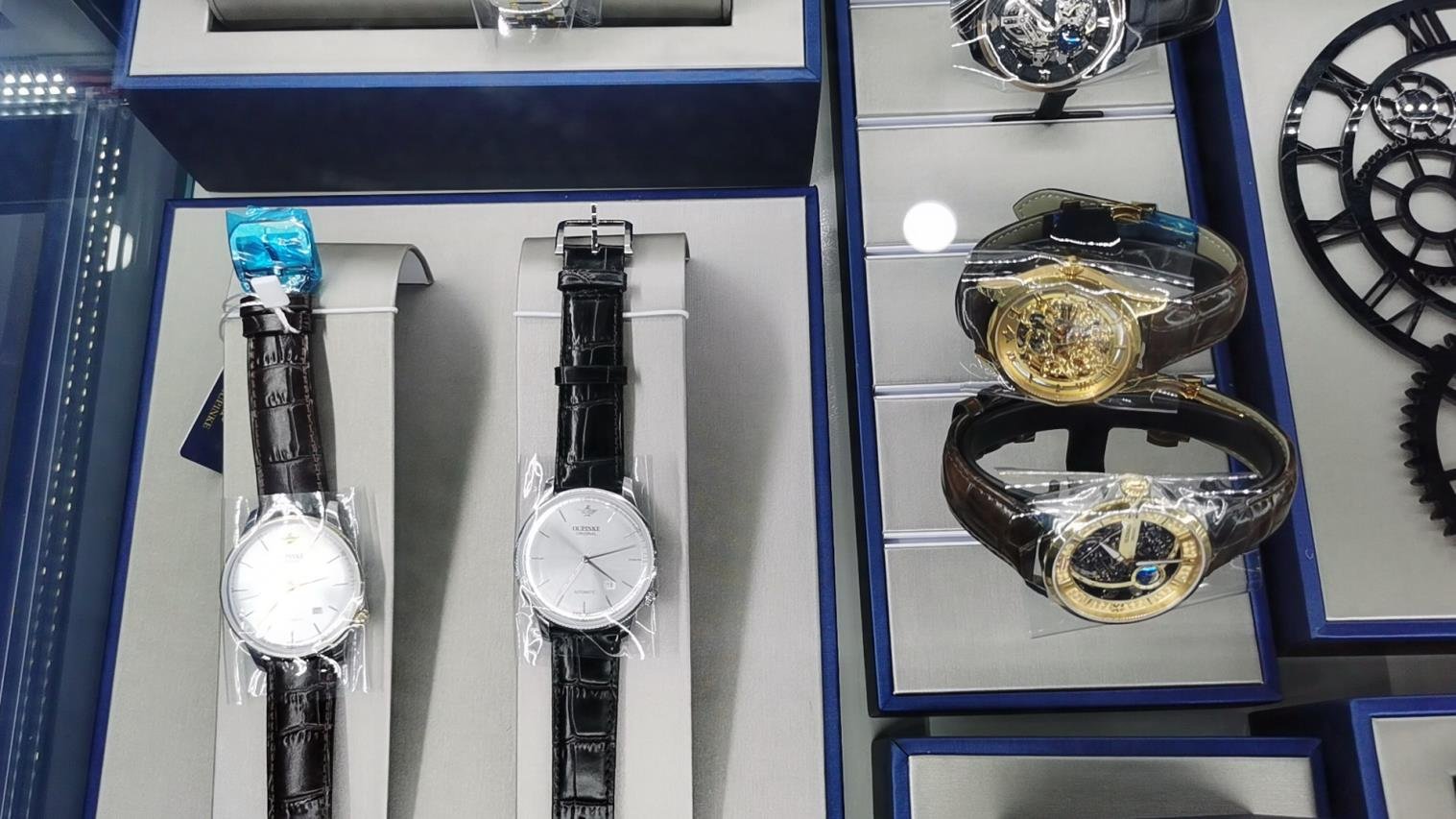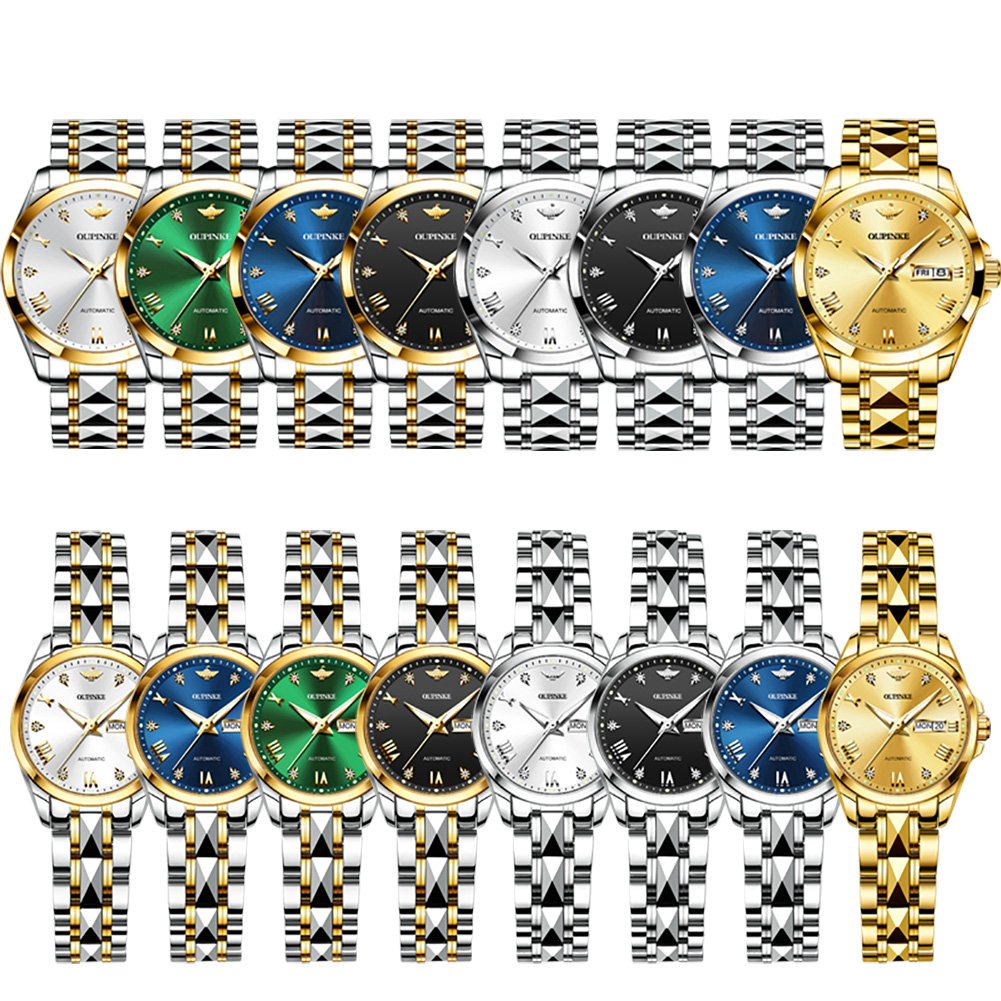
- Home
- Blog
- What To Do When Your Watch Stops Working

What To Do When Your Watch Stops Working
Watches, especially those of high quality like Fossil, are designed to be enduring timepieces with proper care. However, encountering a sudden malfunction can be unsettling. Here’s a guide to help you diagnose and resolve issues when your watch stops working.
Introduction
Experiencing a watch that stops working unexpectedly can be worrisome, particularly if it holds sentimental value. Identifying the potential causes behind the malfunction is crucial for troubleshooting and ensuring your timepiece remains reliable and functional.
Troubleshooting Based on Mechanism
Automatic Watches:
- Self-Winding: Automatic watches rely on movement to stay powered. If yours stops, gently shake the watch or wear it for a while to provide motion that may restart the mechanism.
- Manual Winding: To wind a manual winding watch, rotate the winding knob fully for approximately 30 seconds to 1 minute until the watch resumes ticking.
Quartz Watches:
Battery Check: If your quartz watch stops, the battery may need replacing. It’s advisable to have this done by a professional to prevent damage to the watch’s internal components.
Water Damage:
Despite being water-resistant, watches have limits. Exposure to water beyond their specified depth rating can lead to internal damage. If your watch has been submerged or exposed to moisture, promptly have it inspected by a professional to prevent corrosion.
Physical Damage:
Accidental impacts or mishandling can cause physical damage to the watch, such as cracked crystals or misaligned components. Avoid wearing your watch during activities where it may be subjected to rough treatment.
Setting Errors:
Incorrectly setting the time or date, particularly during the “danger zone” (typically between 9 pm and 3 am), can strain the watch’s movement. Magnetic fields from electronic devices can also affect the watch’s accuracy. Resetting the watch correctly may resolve the issue.
Production Errors:
Occasionally, watches may suffer from defects originating in manufacturing, impacting their performance. If standard troubleshooting does not resolve the issue, it is advisable to contact the manufacturer or an authorized service center for expert assistance.
Conclusion
Understanding the potential reasons for your watch malfunctioning is vital for deciding the right action. Depending on the problem, you may need professional assistance or send the watch to the manufacturer for repair. Consistent maintenance, such as protecting your watch from harmful elements and handling it carefully, plays a crucial role in prolonging its lifespan. Taking proactive measures and promptly addressing any issues ensures you can continue enjoying your timepiece for many years.
Latest Post


Choosing Between Quartz and Automatic Watches: Making the Right Decision

Unveiling the Technology and Advantages of Quartz Timepieces in the Watch Industry

The Ultimate Guide to Luxury Sports Watches
Transforming Timepieces into Fashion Statements: Discovering Thomas Sabo Watches
Watch Strap: How to Find Your Perfect Fit
Newsletter
Follow us to get the newest knowledge of watches from a Chinese supplier’s perspective.


